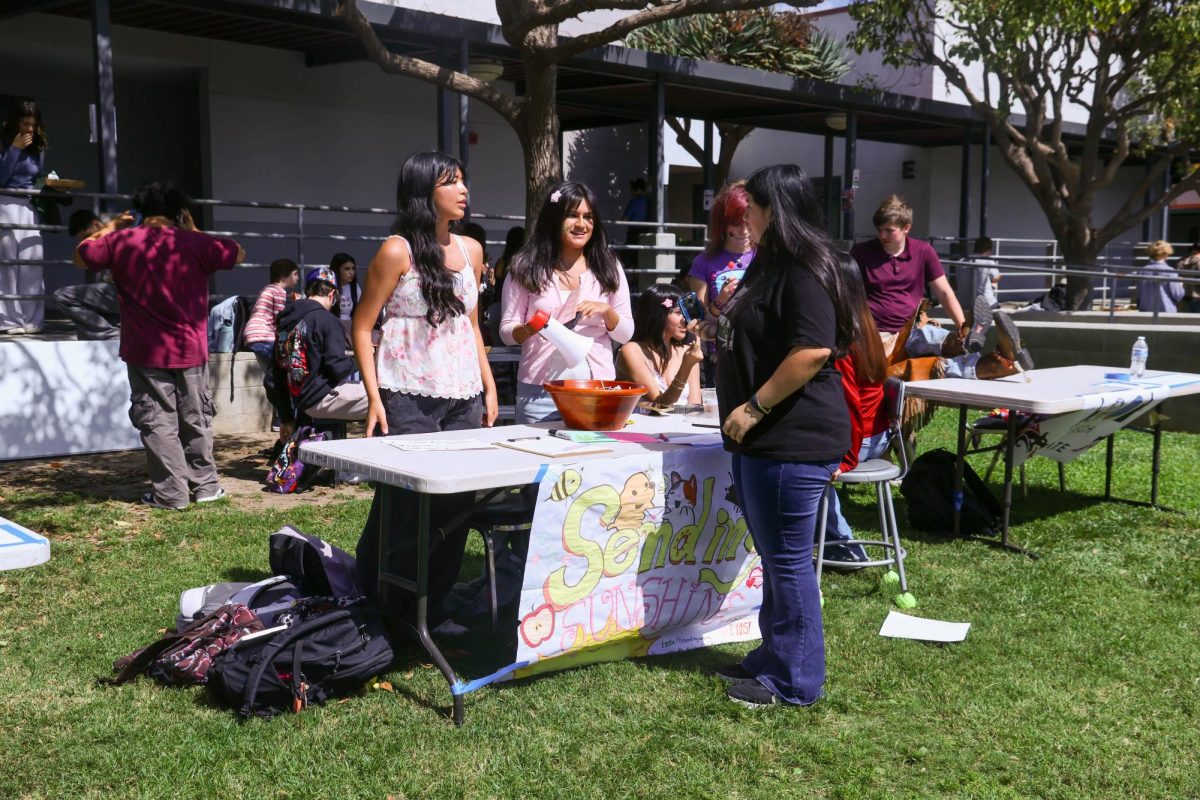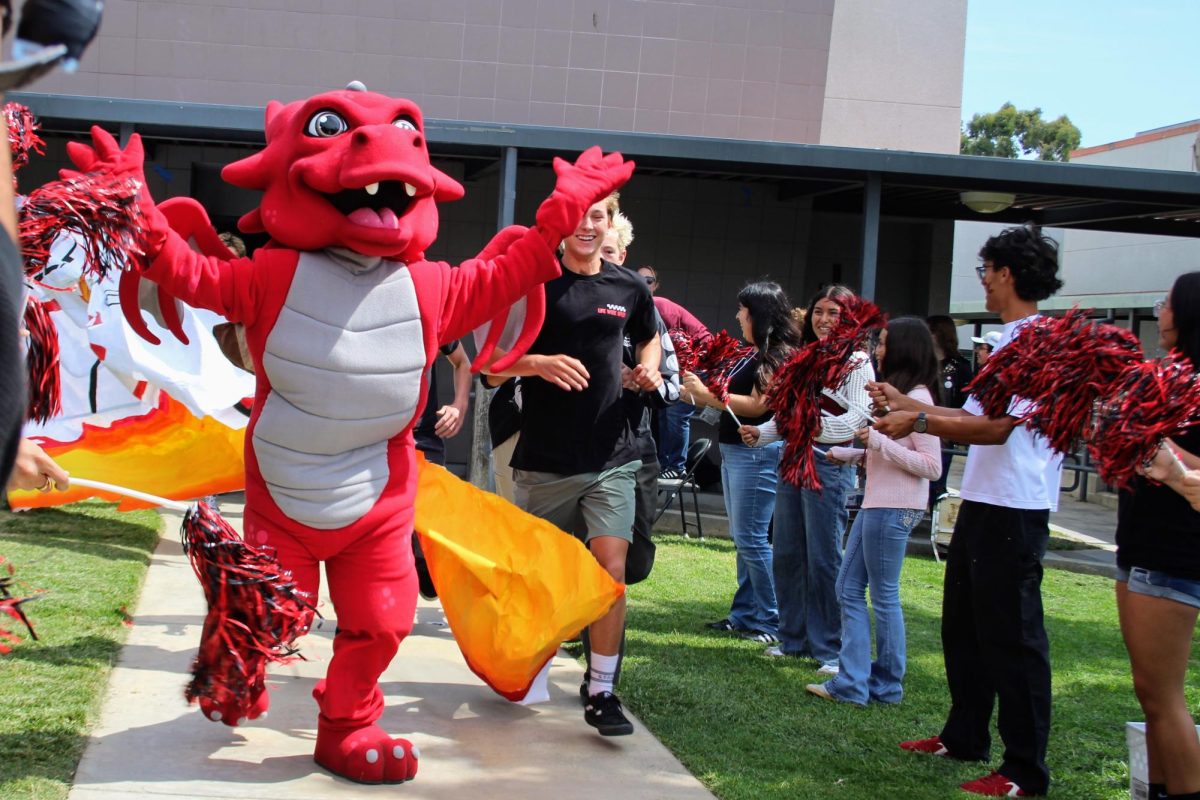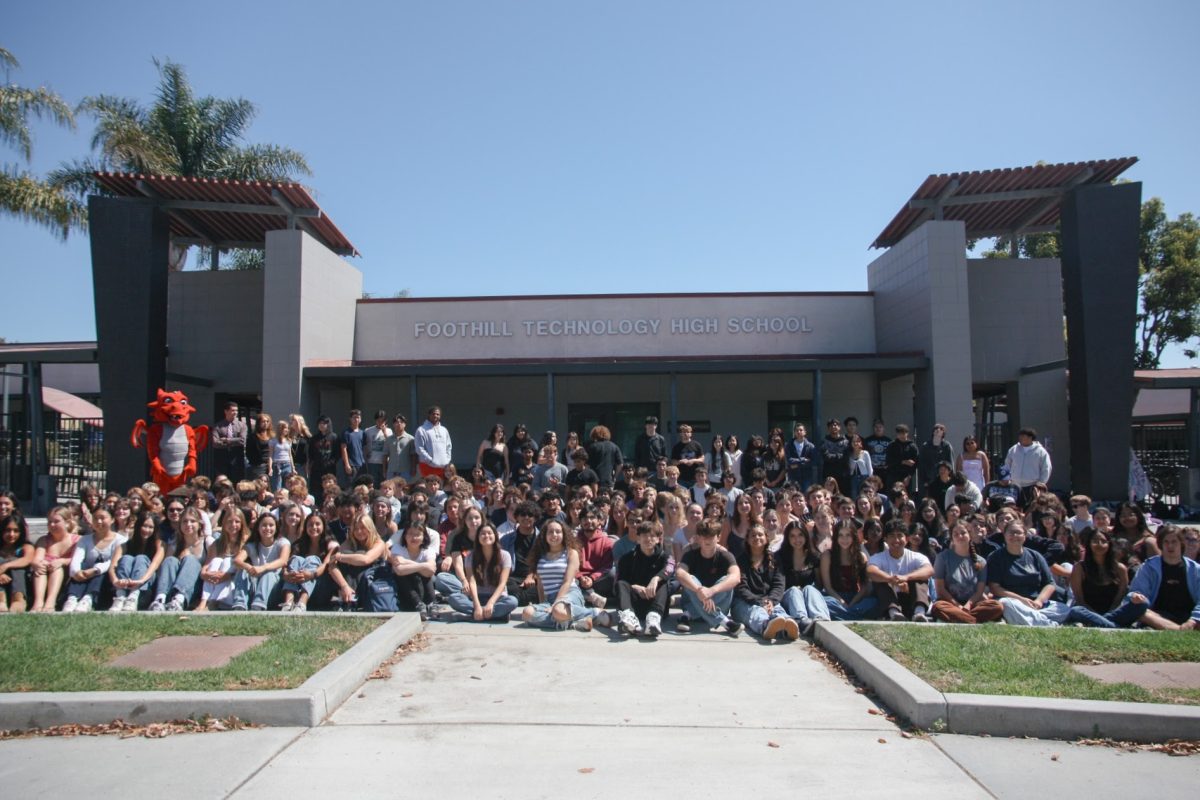
CORRECTED: This article was updated at 9 a.m. Nov. 20 to correct a misinterpretation of the outcome of the Nov. 14 meeting regarding summer reading for Advanced Placement students. The Dragon Press apologizes for the error.
Ventura Unified School District officials, along with teachers from the Advanced Placement classes and principals, met Thursday, Nov. 14, to discuss whether to allow summer reading to continue to be assigned to AP students.
They decided to form a subcommittee to develop criteria that will be used to regulate assigned work over the summer. No final decision on summer reading was made, said Kathy Asher, assistant superintendent, in an email to the Dragon Press on Tuesday, Nov. 19.
“We are not determining whether we will have summer reading,” she wrote. “Just the criteria that summer reading will follow to ensure that students aren’t excluded from courses due to having to complete summer assignments.”
“It’s not that we’re looking to ban all summer assignments, but rather to ensure that no doors are closed to students who aren’t able to complete summer assignments,” she said. “What that means is as a group that involves AP/Honors teachers and administrators, we will determine a criteria that summer assignments must meet in order to guarantee access for any student who wants to take AP classes.”
Principals will share the final criteria after all teachers have had input, Asher said.
There is still no required summer reading for freshmen and sophomores.
Some Foothill teachers are in favor of summer reading continuing for AP students.
Twelfth grade AP English teacher Melanie “Captain” Lindsey said her focus is on preparing her students for the rigorous AP testing in the spring.
“Some people will say that we have 180 days of school, so we have 180 days to teach kids, but for AP, that’s not true,” said Lindsey. “For us to set [students] up for success in the AP test, we have to start ahead, so you have to come in having read the text that we’re going to start working with.”
She said she sees the value of sustained learning.
“Some of them [opponents of summer reading] are saying that kids need to have 100 percent time off during the summer, but as teachers we see a significant decrease,” said Lindsey. “Kids drop approximately an entire grade level in their reading if they don’t read over the summer.”
[soundcloud url=”https://api.soundcloud.com/tracks/120361300″ width=”100%” height=”166″ iframe=”true” /]
Some students also acknowledge the usefulness of assigned reading.
“I suppose I don’t see anything wrong with it,” stated sophomore Matt De Santi. “It’s a good way to start the year with one book under your belt already, so English can just kind of get kicked off.”
Not all teachers are on board with the decision, however.
“I am not an advocate of summer work. I think families need a break,” said AP Government teacher Cherie Eulau.“It’s not that I don’t think the book is valuable. Of course it’s valuable. I just think, particularly [with] AP kids, the whole family needs a break.”
Eulau did acknowledge the supporters of summer reading, saying, “What I said at the meeting was I completely sympathize with particularly the English teachers, who, if you don’t assign that book, you’re saying we’re going to have one less piece of literature that we read a year.”
“It’s not that I’m opposed to reading, it’s that I’m opposed to this thing hanging over your head all summer long,” Eulau explained.
Lindsey offered a modification to the summer reading program, in which teachers would be given a limit to how many pages they could assign.
“Asking [some] kids to read two books that are 100 pages and 200 pages, but asking [other] kids to read two books that are each 500 pages, that’s not fair or equitable,” said Lindsey.
Eulau also proposed a compromise to the system.
“In my fantasy world, everyone would be given the summer work on August 1st. I mean, you’re doing it the last minute anyway, so it wouldn’t be hanging over your head all summer,” Eulau justified. “If I’ve got to make the decision, I would make the decision that less stress on the family is more important than the one piece of literature.”
For Lindsey, equality is driving the process.
“We have to come up with something reasonable,” said Lindsey. “We have to find some sort of district practice that’s going to make it equitable for everyone.”









Anon • Nov 18, 2013 at 5:21 pm
Love Mrs. Eulau!